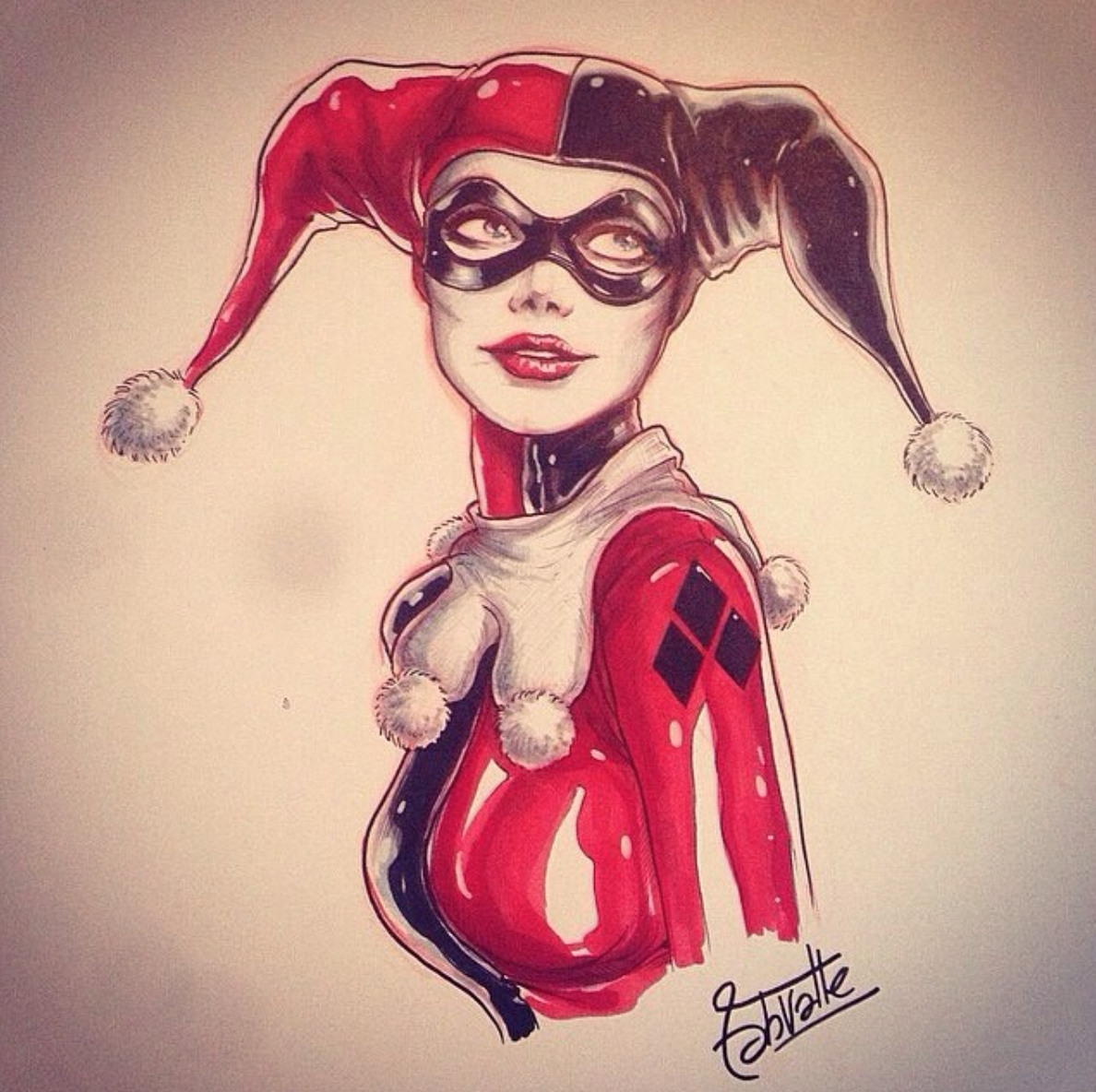On a cool night in November, the moon a luminescent hangnail in the sky, she sat alone below the window, waiting. A sandpaper wind blew across her cheeks and scraped against whatever the now-bare trees had shucked to the ground. She scowled at the red and brown and orange leaves by her feet, pathetic relics of the withering autumn that spoke of a long winter ahead. Still, she was thankful the rustling sounds of the leaves kept her on alert; even if she knew with every strand of her long, mud-brown hair (tucked, as always, beneath a baseball cap) and every speckle of her blue-green eyes that danger couldn’t reach her here.
Far off, a car horn honked and she had the strangest feeling that the driver, like her, was waiting for someone—or something—too.
Every evening at exactly nine o’clock, it was the same story: Two hurried rap-raps against the glass of the bay windows on the second floor of the narrow, brick building, a small squelching sound as the windows popped open from their center seam and finally, the whoosh of a small package sent sailing flatly into her outstretched hands.
Sometimes, there was nothing but this package and the sound of the windows pinching shut.
Other times, a voice from the open window hissed a vague warning about the parcel—“Be careful with this one, Red, or someone’ll snatch it right from your hands.”
Or, she received murmured words that told her the contents in the cardboard box she carried were remarkably delicate; like the time she brought a crystal something-or-other to a recluse art collector with a thin mustache that twirled into his lips who didn’t put much trust in the mail. “He trusts in us though, and enough to place that crystal in our palms,” said the window-voice hours before her delivery was complete. “Don’t give him reason to say otherwise or you’re cut, Red.”
“Yes, ma’am,” she’d say, even if she had no idea whether a man or a woman was sending packages from the windowed room above. The voice was nightmarishly cold, just a collection of sound that fell flatly from above. Anyway, even if someone warm and breathy called down to her, it wasn’t as if Red wanted to stick around for coffee and scones; she had a job to do. As long as the money for her latest delivery arrived with the next package on the next night, nothing else mattered; not the person who gave her the bundle, not the icy gusts against her face as she waited, not even her name.
But if she had a name, it would be Red. Always, Red. Forever, Red. Since the beginning of this, when she passed below the window years ago while on an aimless stroll to nowhere and a package had flown toward the overgrown grass by her feet, she was only called Red. Her real name wasn’t important; she was a chess piece—most often the pawn but never the Queen—meant to move cleverly, secretly, invisibly while the rest of the world played on. And so she did.
Tonight, the words that accompanied the opening of the window were swift and firm, a nail of hard sound hammered into the thickly fallen night: “They’re expecting this to arrive by 11 o’clock at the address listed. To hesitate is to fail.”
No, of course she wouldn’t fail, or hesitate, and off she went to 176 Quinn Street—a ten-minute walk from the window, with the rectangular box in hand. She almost thought she heard the window-voice mutter “goodbye,” but the window-voice had never said that to her before and probably never would; there was no need for goodbye when she’d be back beneath the second-story convex glass tomorrow. Hers was a world of perpetual hellos, of discovering new places and new people in need of whatever she carried in her hands.
The road to Quinn Street was dappled at first by unlit, empty storefronts and she scurried past them, trying not to concentrate on the thunderous echoes of her boots against the pavement—“Be stealthy as a storm,” the window-voice told her one night when her package was light but the recipient heavy; Red had brought a tiny, checkered-cloth-covered basket to a tall woman of sixty or seventy years who thanked her in a chocolatey, rich Russian accent and offered her black caviar in return for a job well done; she had turned down the fish eggs with a half-smile.
Red sneezed and the memory of the large Russian escaped her mind.
She walked on until the road narrowed and the stores on either side disappeared. Quinn Street was a quick turn to the right but as she approached, her feet slowed, her mind shifted and she couldn’t get her body to swivel in the direction it needed to go.
“You’re hesitating, Red,” she knew the window-voice would say, but instead of listening as she usually did, she kept moving past Quinn Street with a shake of her head, wondering when exactly she’d become such a lifeless harlequin, silently performing each night in the act of someone else’s show.
[This story was inspired by a sketch from Brazilian artist, Fabio Valle. View more of his work here.]


